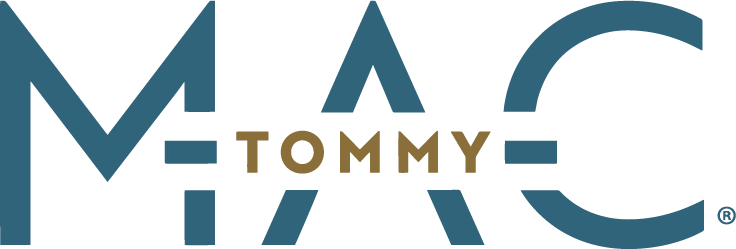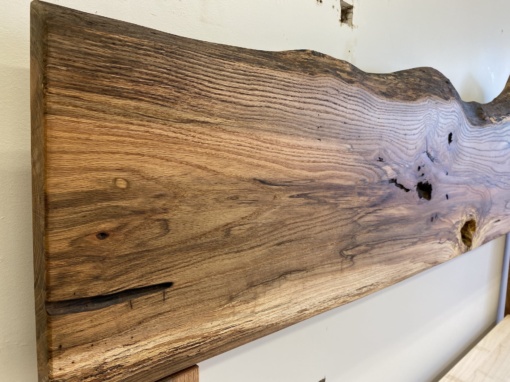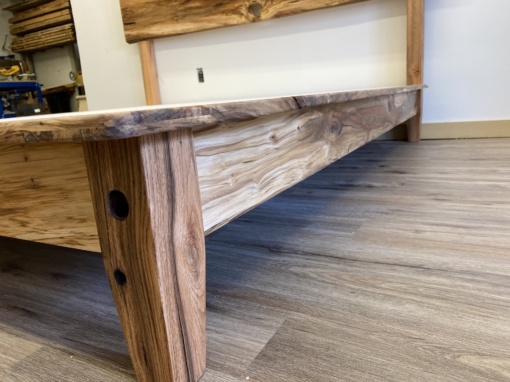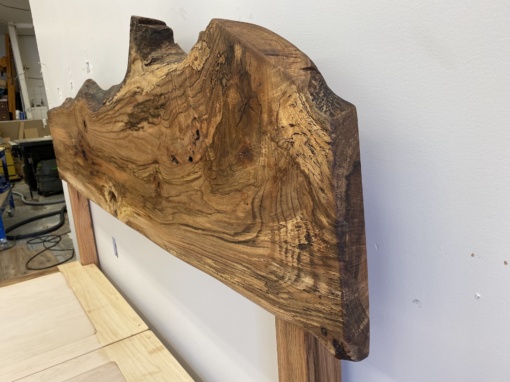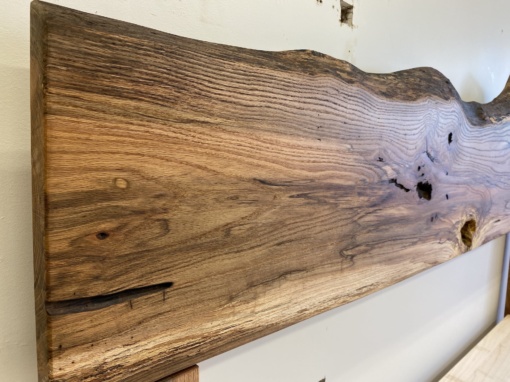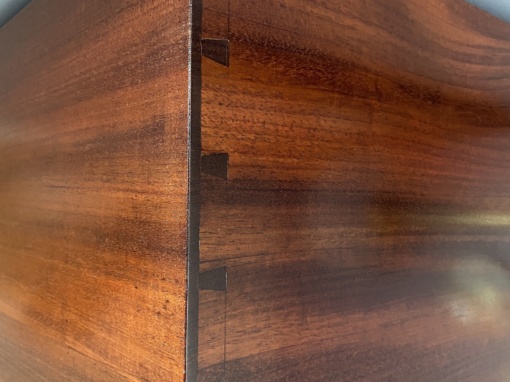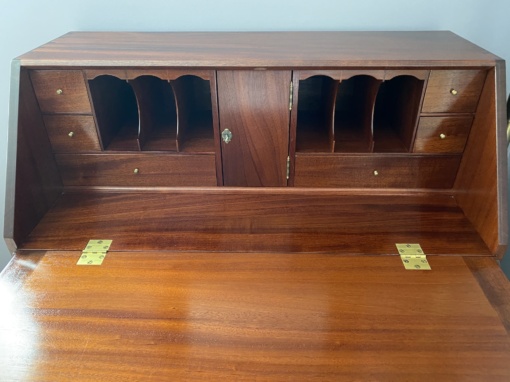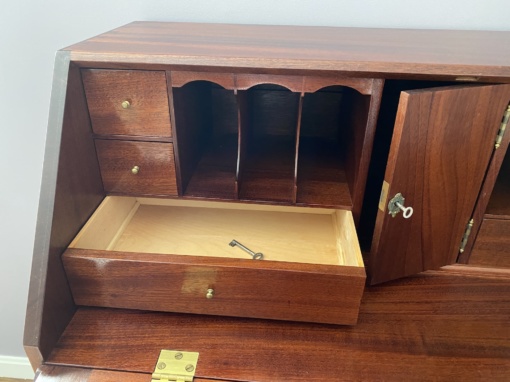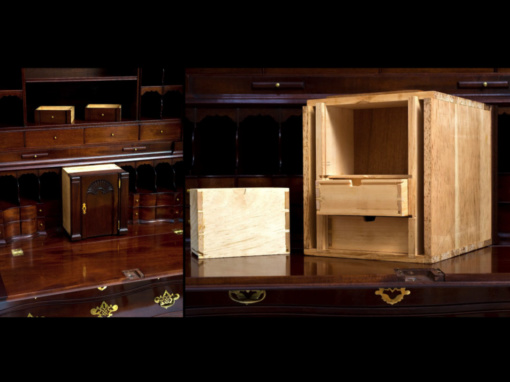Your real estate agent can give you a ballpark figure by showing you comparable listings. If you are working with a realtor, they may have access to comparable sales maintained on a database.
Home Buying
Escrow Account
Established by your lender, an escrow account is a place to set aside a portion of your monthly mortgage payment to cover annual charges for homeowner’s insurance, mortgage insurance (if applicable), and property taxes. Escrow accounts are a good idea because they assure money will always be available for these payments. If you use an escrow account to pay property taxes or homeowner’s insurance, make sure you are not penalized for late payments since it is the lender’s responsibility to make those payments.
As Is Homes
A home for sale “as is” often means repairs will be necessary. Don’t write these properties off, the work may not be as bad as you expect, especially if you are the handy type. But approach them carefully, and get a thorough home inspection.
Late Payment
If you are in danger of paying your mortgage late, send your payment via overnight mail. The cost of doing so is probably much less than your late payment. For example, a 5% late penalty on a $1,000 payment is $50. Sending the payment via Federal Express will cost you less than $15.
Lawyer Needs
Laws vary by state. Some states require a lawyer to assist in several aspects of the home buying process while other states do not, as long as a qualified real estate professional is involved. Even if your state doesn’t require one, you may want to hire a lawyer to help with the complex paperwork and legal contracts. A lawyer can review contracts, make you aware of special considerations, and assist you with the closing process. Your real estate agent may be able to recommend a lawyer. If not, shop around. Find out what services are provided for what fee, and whether the attorney is experienced at representing homebuyers.
Good Faith Estimate
A Good Faith Estimate is one that lists all fees paid before closing, all closing costs, and any escrow costs you will encounter when purchasing a home. The lender must supply it within three days of your application so that you can make accurate judgments when shopping for a loan.
New Buyer Loans
Conventional mortgage loans usually can’t be assumed by new buyers, but FHA and VA loans can be. The borrower must qualify for the loan and come up with a large enough down payment to cover the purchase, but for buyers able to clear those hurdles, the lower overall origination costs can make this an attractive option.
Ready to Buy
You can find out if you’re ready to buy a house by asking yourself some questions: Do I have a steady source of income? Have I been employed on a regular basis for the last 2-3 years? Is my current income reliable? Do I have a good record of paying my bills? Do I have few outstanding long-term debts, like car payments? Do I have money saved for a down payment? Do I have the ability to pay a mortgage every month, plus additional costs? If you can answer “yes” to these questions, you are probably ready to buy your own home.
Why Adjustable Rate Mortgage
An ARM may make sense if you are confident that your income will increase steadily over the years or if you anticipate a move in the near future and aren’t concerned about potential increases in interest rates.
FWA Help
The Federal Housing Administration works to make homeownership a possibility for more Americans. With the FHA, you don’t need perfect credit or a high-paying job to qualify for a loan. The FHA also makes loans more accessible by requiring smaller down payments than conventional loans. In fact, an FHA down payment could be as little as a few months’ rent. And your monthly payments may not be much more than rent.
